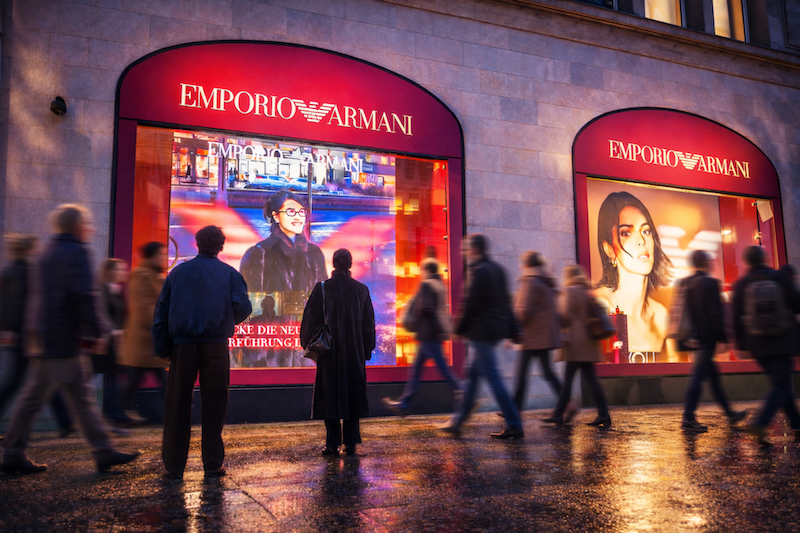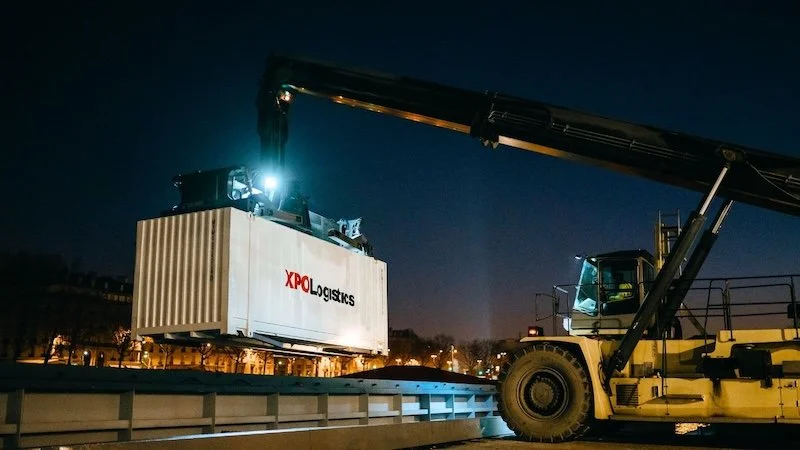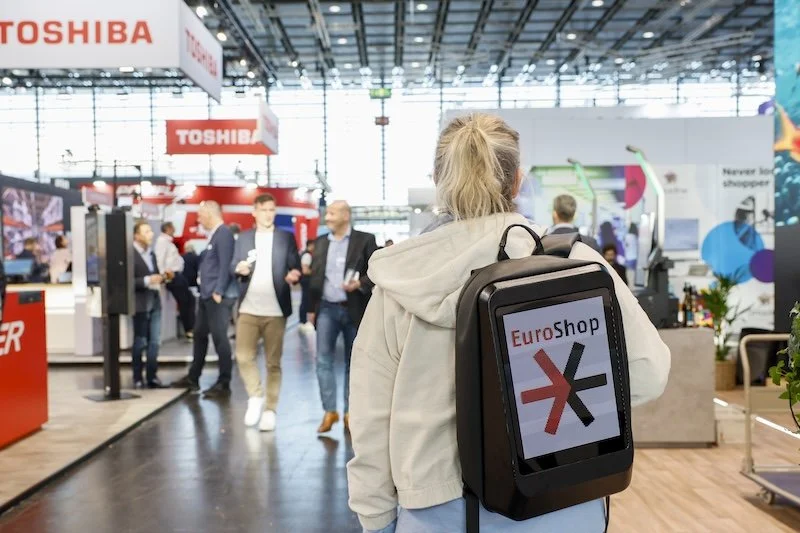Bricks in fashion as international brands back Central London
Even in the face of continued economic uncertainty and concerns over Brexit, Central London remains a prime destination for international brands and interest is still growing, according to Colliers International research.
This shows that over 50% of stores on core shopping streets are international brands and 30 new retailers have arrived in the last year alone. During 2017, there were eight new openings on Regent Street, seven of which were foreign retailers. Debut brands included luxury Italian sportswear label Paul & Shark, the launch of the H&M group’s ARKET and Weekday, the first European flagship from Canada Goose and Asics’ largest store in the world.
Elsewhere, US online fashion label, Nasty Gal, which Boohoo acquired earlier this year, opened a pop-up on Carnaby Street in November. The 2,700 sq ft shop is the brand’s first bricks and mortar venture outside of the US. The former BHS unit on Oxford Street saw Polish fashion chain Reserved open in September, with the remaining space being let to Swingers and new concept Market Hall. Meanwhile, South Molton Street plays host to Spanish fashion retailer T.ba, French women’s fashion venture, IKKS and French pureplay, Sezane. And these will soon be joined by the French lingerie brand Empreinte.
Following the Brexit vote, sterling devalued significantly, making London more attractive to tourists, particularly those from China, the UAE, Saudi Arabia and Kuwait. “Many retailers noticed an escalation in shopper footfall and we initially saw a rise in the number of active requirements as a result. However, with shopping habits increasingly moving online and an uncertain UK economy slowing the rate of consumer spending, many retailers are feeling financially squeezed and are subsequently focusing more on controlling their overall occupational costs,” says Paul Souber, Head of Central London Retail at Colliers International.
“The focus on the bottomline coincides with a recognition from brands that their bricks and mortar stores must be repurposed so that they seamlessly connect and enhance all parts of their retailing platform, be that online or in-store. In practice this translates to retailers being more discerning over the number, size and location of physical stores and, in turn, these stores become more experiential and personalised.”
As consumers become more time challenged, he adds, it is essential that the locations they visit provide them with a convenience led menu of experiences, from great shopping to a huge array of dining and entertainment options, cultural experiences, health and fitness pursuits, relaxation and leisure, all easily interconnected and accessible by transport and digital infrastructure. "London is naturally suited to meet these challenges as they are already being embraced and executed by the major landowners and stakeholders in the capital who are curating, enhancing and future proofing the capital so that it remains the best city in the world."










Continue reading…